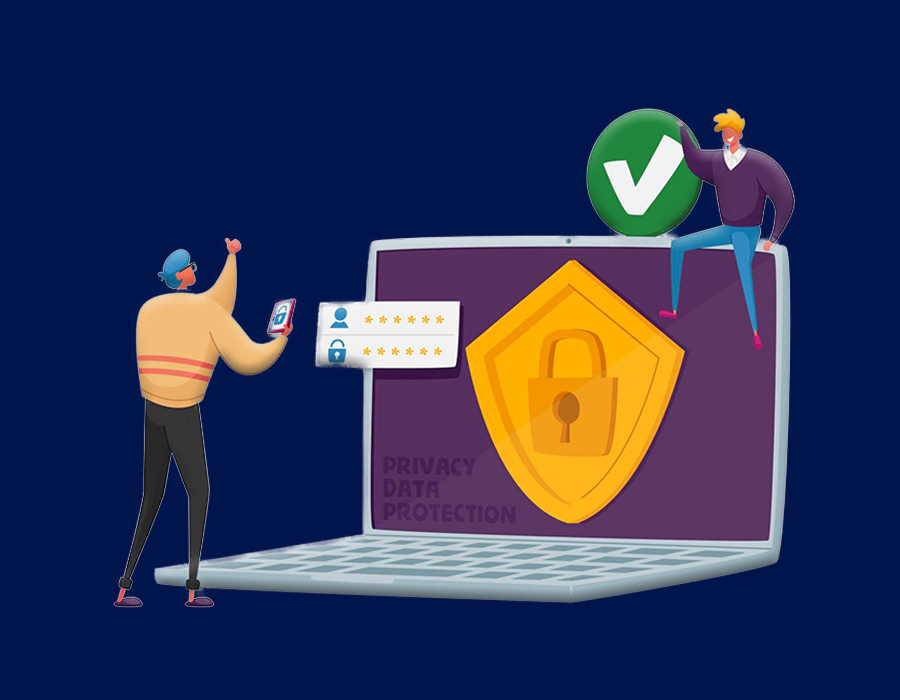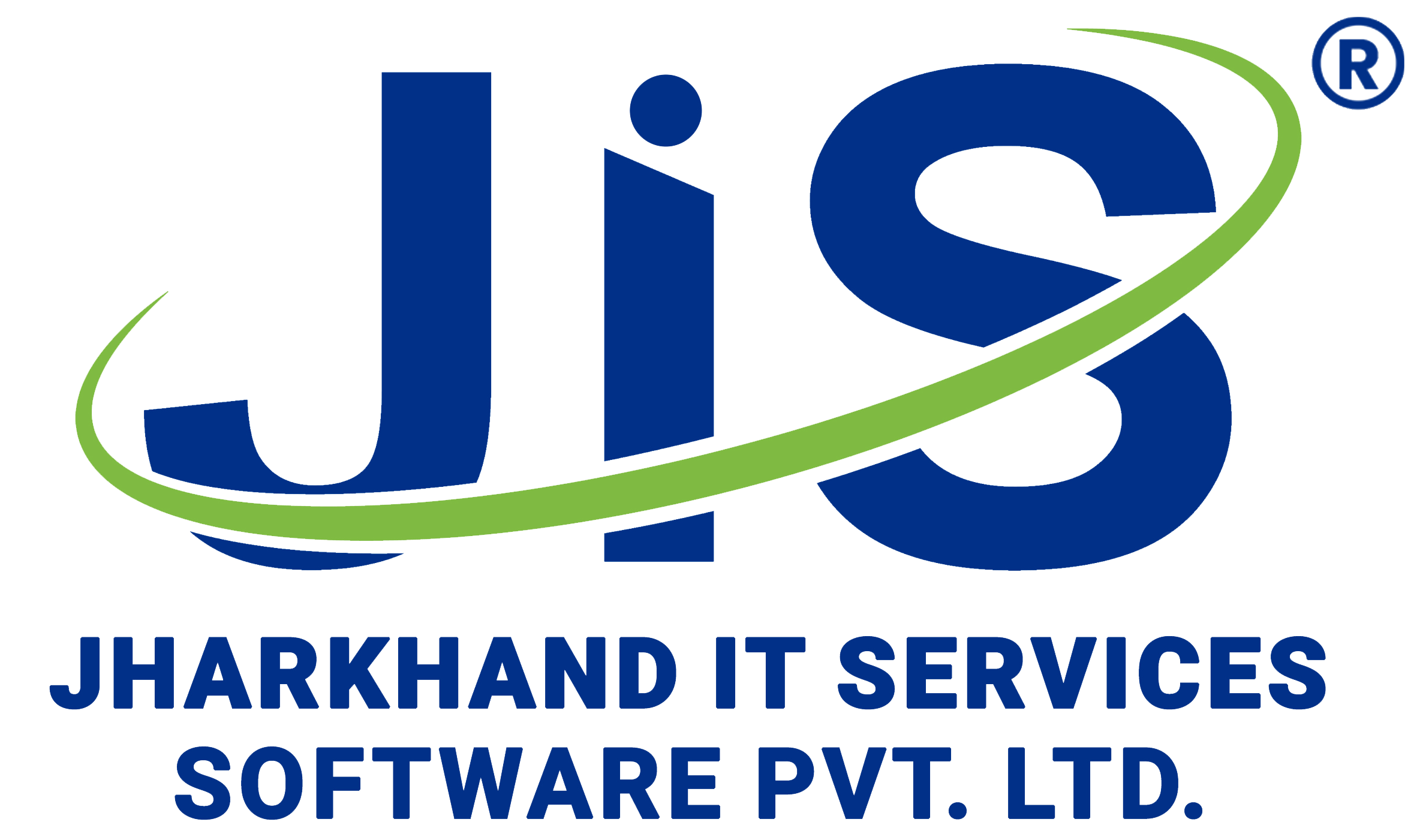Website Security
Websites are an essential component of both personal and professional life in the current digital era. There is a greater chance of cyberattacks and security breaches as our dependency on the internet grows. Maintaining your online presence and safeguarding sensitive data require a secure website. We will go over important website security advice in this blog to assist you protect your digital assets.
- Keep Software and Plugins Up to Date: Frequently keep your website's content management system (CMS), plugins, and themes up to date. Developers release updates to patch security vulnerabilities. Failure to keep your software up to date can leave your site exposed to potential threats.
- Use Strong, Unique Passwords : Inadequate passwords often serve as a common entry point for attackers. Create strong, unique passwords for all your website accounts, and consider using a password manager to help keep track of them.
- Implement Secure Sockets Layer (SSL) Encryption: SSL encryption helps protect data transmitted between your website and visitors. It's crucial for safeguarding sensitive data such as login credentials and payment information.
- Install a Web Application Firewall (WAF): A WAF acts as a protective barrier, filtering out malicious traffic before it reaches your website. It can help prevent common attacks like SQL injection and cross-site scripting
- Regular Backups: Backing up your website's data is crucial in case of a security breach. Store backups in a secure location, and regularly test the restoration process to ensure it works smoothly.
- Limit User Access: Grant access only to those who need it. Assign appropriate permissions to users, and periodically review and revoke access for individuals who no longer require it.

- Monitor Website Activity: Use security plugins and tools to monitor your website for unusual or malicious activity. These can help you detect and respond to potential threats quickly.
- Implement Two-Factor Authentication (2FA): 2FA adds an extra layer of security by requiring users to provide two forms of verification. This can aid in thwarting unauthorized access, even if passwords are compromised.
- Educate Your Team: Ensure that everyone involved with your website, including developers and content creators, is aware of security best practices. Training and awareness can prevent unintentional security lapses.
- Regular Security Audits: Conduct periodic security audits or hire a professional to assess your website's vulnerabilities. Identifying and fixing weaknesses can help prevent security breaches.
- Disable Directory Listing: Make sure your web server does not display the directory listing of your files. This can reveal sensitive information and should be disabled in your server settings.
- Protect Against DDoS Attacks: Distributed Denial of Service (DDoS) attacks have the potential to flood your website. Consider using a DDoS mitigation service to protect against such attacks.
Remember, no website can be 100% secure, but by implementing these best practices, you can significantly reduce the risk of a security breach. Prioritizing website security is essential to safeguard your online presence and protect both your and your visitors' data. Stay vigilant and proactive in maintaining a secure website.



